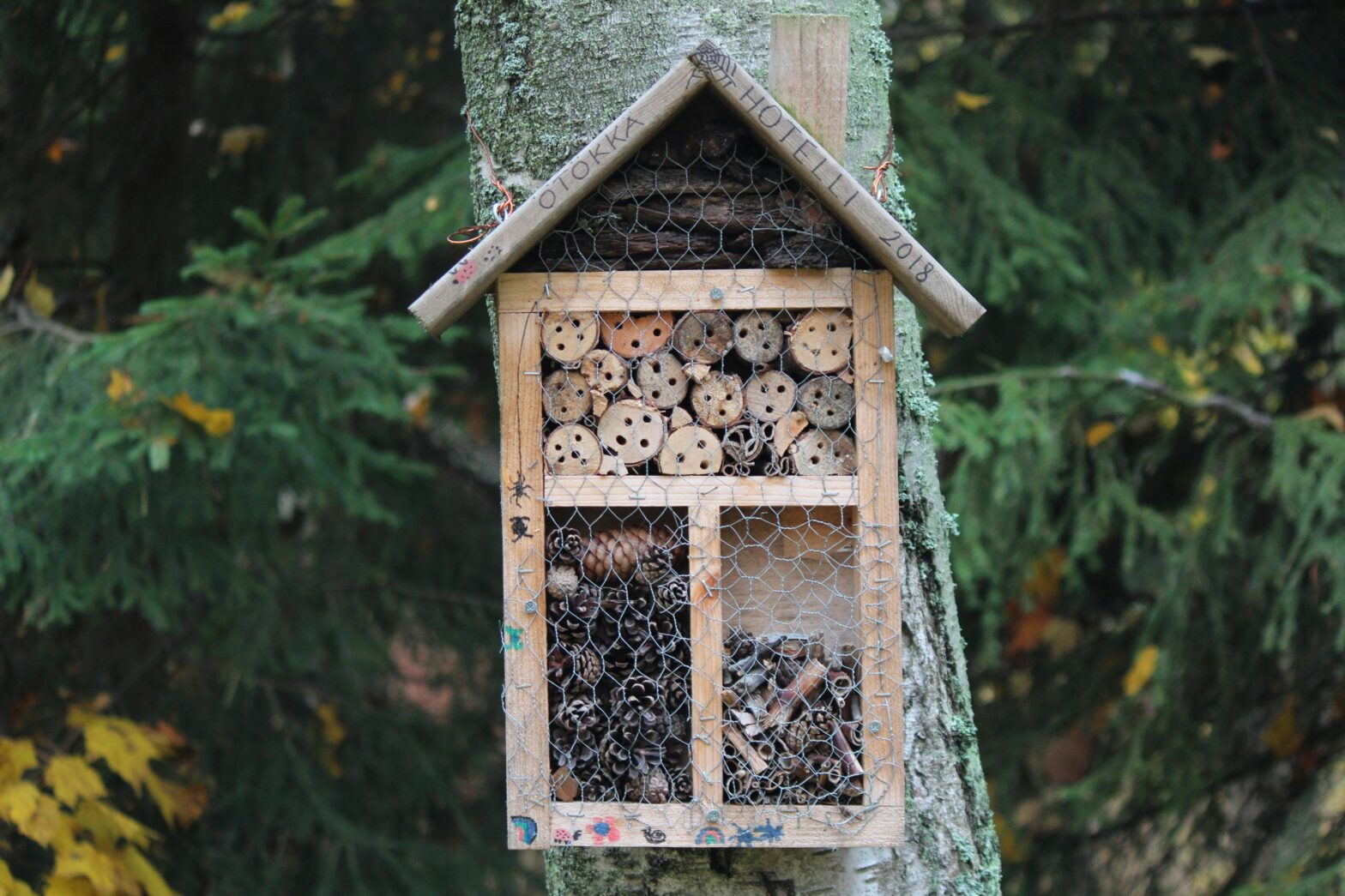February is a pivotal month for the garden, often marking the transition between the last chills of winter and the first signs of spring. This period is crucial for many insects that play an essential role in the balance and health of your garden. Here’s how you can help them through this delicate month.
1. Bees: Essential for pollination
Bees are key pollinators in our gardens, aiding the reproduction of many plants. In February, with the lengthening of the days, some bees start to emerge to look for food. Here’s how to support them:
- Provide early food sources: Plant flowers that bloom early, such as crocuses, snowdrops, hellebores, and primroses. These plants provide a vital supply of nectar and pollen for bees that emerge in mild weather.
- Setting up water points: Access to water is crucial for bees, especially after a long winter. Set up shallow bird baths or saucers with stones or glass beads to allow bees to drink without drowning.
2. Ladybugs: Biological fighters against aphids
Ladybugs are natural predators of many harmful insects, especially aphids. They spend the winter in a state of dormancy, often grouped under dead leaves or in other natural shelters.
- Preserve natural shelters: Leave areas of the garden “wild”, with dead leaves and dry plant stems where ladybugs can take shelter.
- Building insect hotels: Wooden structures filled with bamboo, twigs, and dead leaves can provide an ideal refuge for ladybugs and other beneficial insects.
- Practice tolerance: Accept the presence of a few aphids at the beginning of the season; they are an essential food source for ladybugs emerging from their hibernation.

3. Earthworms: Engineers of the Soil
Earthworms play a crucial role in soil structuring, aeration and decomposition of organic matter, making the soil more fertile.
- Enrich the soil organically: Apply layers of compost and organic mulch to nourish the soil and, consequently, the earthworms. This improves the soil structure and provides continuous feeding to the worms.
- Avoid deep soil work: Digging or deep turning of the soil can destroy earthworm tunnels and kill beneficial organisms. Prioritize gentle gardening methods such as mulching and topdressing.
- Water management: Ensure proper drainage to avoid water saturation which can be harmful to earthworms. Well-drained soil is essential for their survival and activity.
Take steps in February to protect bees, ladybugs, and earthworms is not only an act of kindness towards these creatures; it’s an investment in the health and productivity of your garden.
These beneficial insects play indispensable roles in pollination, biological pest control, and soil fertilization. By supporting them now, you are laying the foundations for a balanced and prosperous garden in the months to come.

